Jacob Ulric, Front of House
Volunteering at the Willesden Jewish Cemetery has been one of the most rewarding experiences of my time in London. Having grown up in New Jersey and later coming to the UK to pursue an MA in Heritage Management at Queen Mary University of London, I was eager to immerse myself in heritage practice beyond the classroom. My academic and professional journey, ranging from cataloguing World War II ephemera at Lafayette College, to working at the Walt Whitman Birthplace in New York, to the MA’s work study placements with Historic Royal Palaces at Hampton Court and the Tower of London, has consistently drawn me toward the intersection of history, interpretation and public engagement. Willesden offered a perfect continuation of that path.
What makes Willesden particularly special is the way it balances its solemn role as a resting place with its identity as a “House of Life.” Walking among the graves, I felt constantly aware of the generations of stories contained within its grounds: Stories of migration, faith, and resilience. At the same time, the site is not static. Through interpretation, education and community engagement, Willesden has become a heritage destination that fosters reflection, remembrance, and dialogue with the present.
I was especially inspired by the House of Life’s use of digital and filmic media to tell these stories. Exhibitions and installations within the visitor centre demonstrate how technology can bridge the gap between past and present, allowing visitors to engage with Jewish history in an immediate and personal way. These innovative approaches directly shaped the direction of my dissertation, in which I explored the potential of digital media to enrich heritage interpretation. My work at Willesden gave me not only practical insights into how such media are designed and received, but also a deeper appreciation of how heritage organisations can reach wider audiences by embracing new forms of storytelling.
Beyond the intellectual enrichment, my time at Willesden was deeply shaped by the people I worked alongside. The staff and fellow volunteers were generous with their time, guidance, and knowledge. From sharing historical context to assisting with practical tasks, they created an environment where I always felt welcomed and supported. This spirit of collaboration echoed what I have valued most in all my heritage experiences: The sense that preserving and interpreting the past is a collective effort, requiring both professional expertise and communal dedication.
As I look ahead to the next stage of my career, I know that what I learned at Willesden will remain central to my approach. The experience reinforced the importance of combining historical integrity with creative interpretation, and of treating heritage not simply as preservation, but as dialogue and engagement. I am deeply grateful to all the staff and volunteers at Willesden Jewish Cemetery for making my time there so meaningful. It has been a privilege to contribute to the House of Life, and I hope to carry forward both the knowledge and inspiration I gained into my future work.

